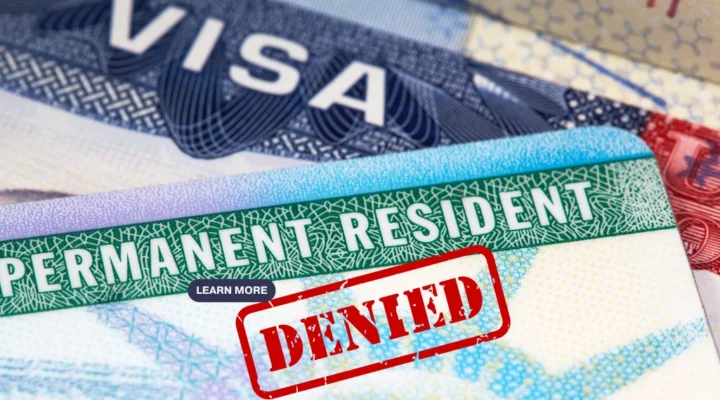Inside the World of International Tourism Crimes
The allure of global exploration often comes wrapped in the promise of discovery, cultural exchange, and unforgettable experiences. But tucked behind postcard-perfect facades, a darker narrative unfolds—a clandestine world of international tourism crimes where deception, manipulation, and exploitation target the very people seeking joy through travel.
From the cobbled streets of Europe to the tropical coasts of Southeast Asia, criminals have woven intricate webs of deceit. These aren’t isolated incidents; they are part of complex, organized systems that span borders, languages, and industries. The underworld of global travel offenses has grown more sophisticated, often operating in plain sight.
The Global Web of Deception
At the heart of many worldwide scam networks lies one simple principle: familiarity breeds trust. Scammers design their schemes to feel familiar, even friendly—like a helpful local, a charming street vendor, or a trustworthy travel agent. And with the rise of digital connectivity, these scams have become more agile, harder to detect, and faster to replicate across continents.
In Turkey, tourists have reported being invited into carpet shops for “just a cup of tea,” only to be emotionally coerced into buying overpriced souvenirs. In Morocco, fake guides ambush tourists, demanding payment after unsolicited tours. Meanwhile, across parts of Eastern Europe, phantom taxi drivers with tampered meters overcharge by astronomical margins.
Each of these seemingly small incidents is part of a much larger system—behind-the-scenes frauds that turn tourism into a high-stakes revenue stream for the unscrupulous.
Fake Agencies and Phantom Getaways
Some of the most chilling international tourism crimes involve fraudulent travel agencies. These operations often have professional websites, real social media presence, and glowing reviews—many of which are fabricated. Tourists have paid thousands for dream vacations that simply never existed.
In 2023, an infamous case in the United Kingdom revealed a scam operation selling luxury Maldives packages through an Instagram page. The victims showed up at the airport with their bags packed, only to realize their reservations were never made and the agency had vanished overnight. The scam cost travelers over $500,000 collectively—and the masterminds disappeared without a trace.
Such incidents highlight the necessity for rigorous verification, especially when dealing with “too-good-to-be-true” offers in the vast world of global travel offenses.
The Criminal Tourism Industry
In some regions, international tourism crimes have grown so prevalent that they resemble a parallel economy. Local criminal groups develop business models around tourist fraud—training scammers, assigning roles, and even running “scam schools” to teach newcomers how to exploit foreign visitors.
In parts of Southeast Asia, “bar girl scams” involve well-rehearsed performances where tourists are lured into overpriced bars, encouraged to buy drinks, then charged exorbitant fees, often under threat. These scams are not spontaneous. They’re meticulously organized, with layers of profit sharing and protection payments feeding into larger networks.
And in cities like Rome or Barcelona, pickpocketing isn’t a random act of opportunity—it’s a profession. Children, elders, and even fake monks work as part of worldwide scam networks, coordinated through encrypted messaging apps and managed by gang leaders who never show their faces.
Technology: A Double-Edged Sword
While technology has made traveling easier, it’s also expanded the reach of behind-the-scenes frauds. Fake booking platforms, cloned websites, and AI-powered chatbots can mimic legitimate businesses with uncanny accuracy.
Phishing emails disguised as itinerary updates. WhatsApp messages claiming to be from hotel concierges. QR code menus that redirect to malware. These are modern-day digital traps designed to harvest personal data and payment information.
And because international laws are often slow to adapt, many victims have little recourse once defrauded across borders. The anonymity of the internet offers scam artists a cloak of protection—often making prosecution virtually impossible.
The Aftermath: Economic and Social Ripples
The consequences of global travel offenses extend beyond the victims. Local economies suffer as trust erodes. Reputations of entire cities or countries are tainted by high-profile fraud cases. In some destinations, return tourism drops dramatically after waves of negative press, impacting legitimate businesses and local workers.
Moreover, the emotional toll on travelers—feelings of betrayal, shame, and fear—can linger long after they return home. These crimes undermine the very essence of tourism: connection, curiosity, and cultural appreciation.
A Path Forward
Despite the rise of international tourism crimes, global collaboration among law enforcement agencies is improving. Interpol and other international bodies have started tracking patterns of fraud, sharing intelligence, and educating both tourists and local businesses.
Destinations are implementing stricter vendor regulations, surveillance systems, and tourism police units to combat worldwide scam networks. Tech companies are stepping up too, with platforms like Airbnb and Booking.com enhancing verification protocols to identify behind-the-scenes frauds faster than ever.
For travelers, awareness is key. Knowing the red flags, staying skeptical of unsolicited offers, and relying on verified platforms are basic yet powerful ways to steer clear of this shadowy realm.
The world is vast and stunning, brimming with marvels waiting to be explored. But understanding the scope and structure of global travel offenses ensures that exploration doesn’t come at the cost of exploitation. Behind the beauty, there may lurk a scheme—but with vigilance and knowledge, travelers can stay several steps ahead of the con.

